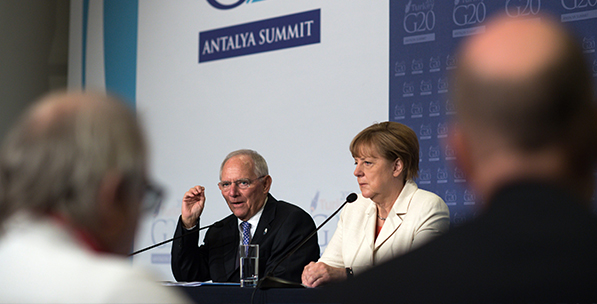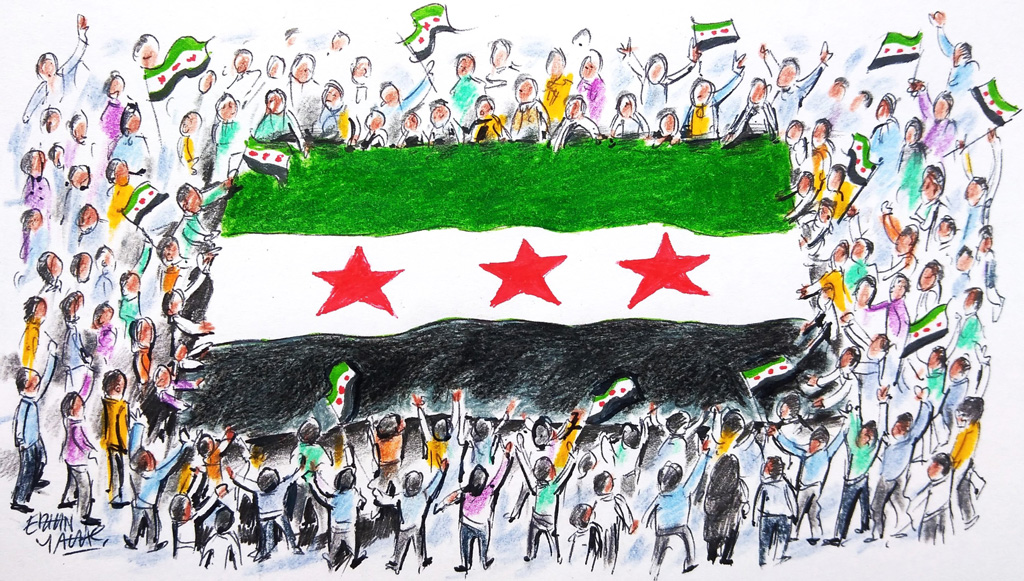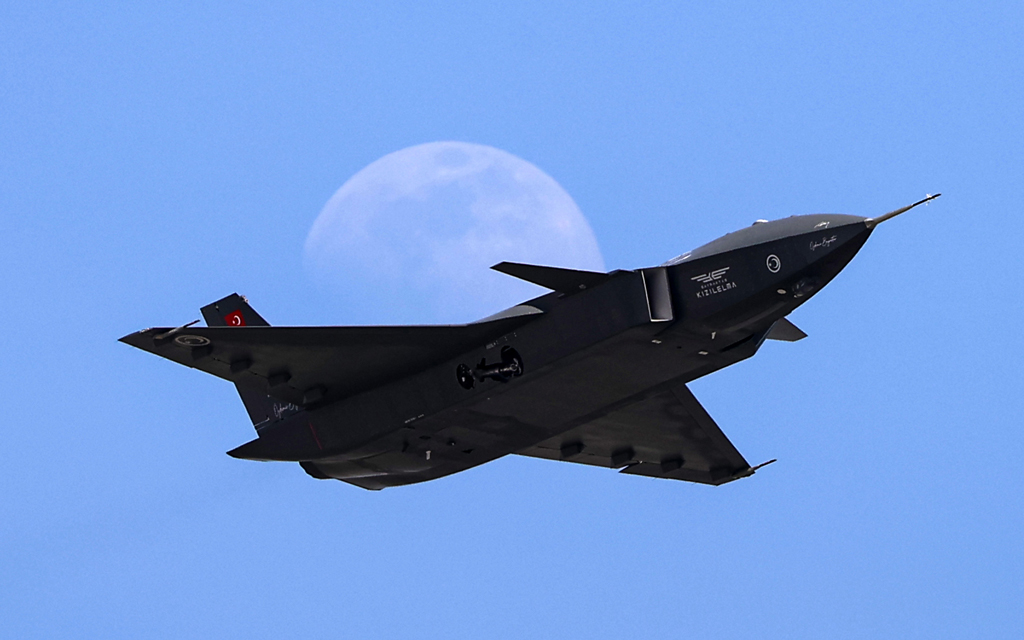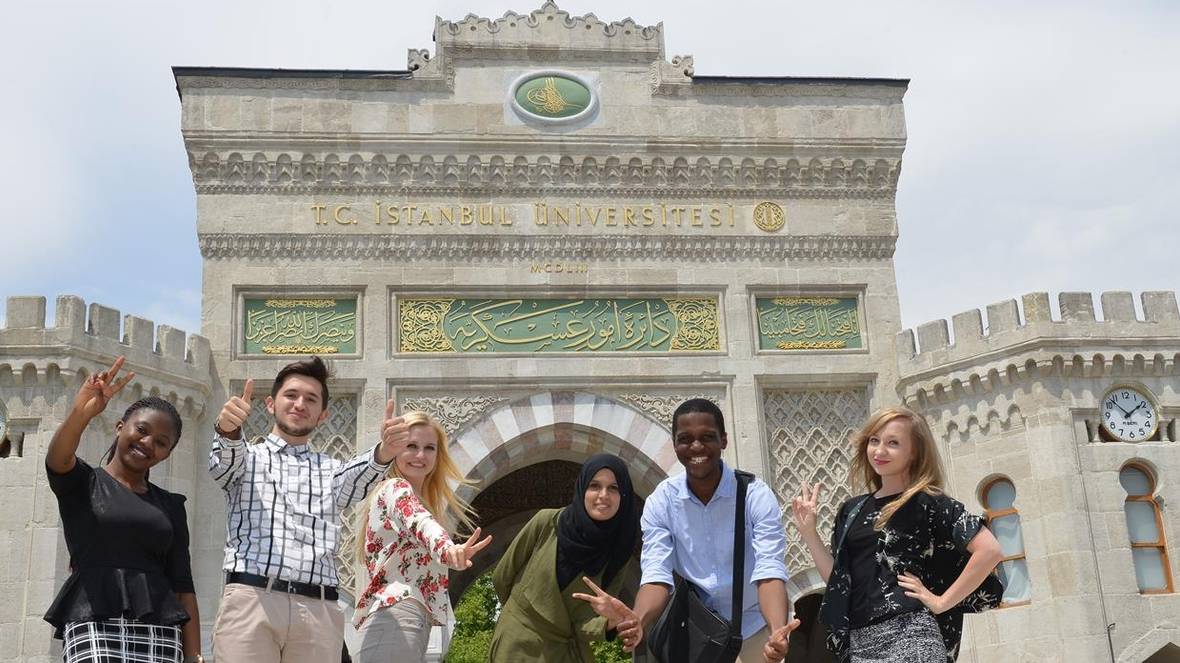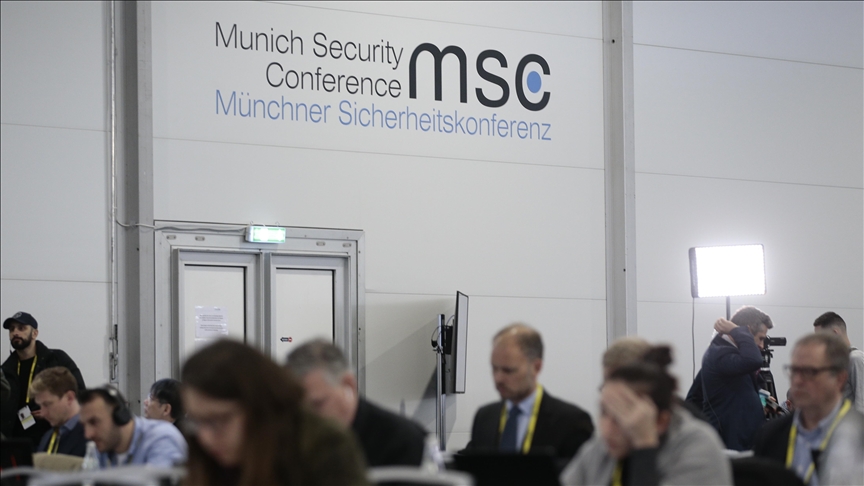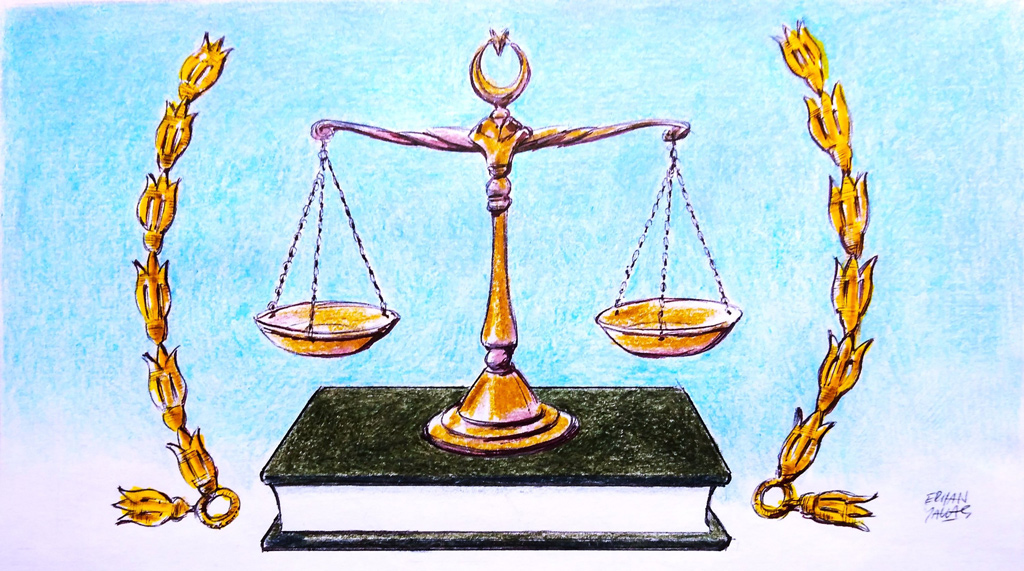A few years ago when the future of the international system and the potential role of the United States were the most debated issues in international relations, Ian Bremmer coauthored an article in Foreign Affairs called "A G-Zero World: The New Economic Club Will Produce Conflict, Not Cooperation." Stressing the nature of the debate in the forum, Bremmer stated: "This is not a G20 world. Over the past several months, the expanded group of leading economies has gone from a would-be concert of nations to a cacophony of competing voices as the urgency of the financial crisis has waned and the diversity of political and economic values within the group has asserted itself." Bremmer's pessimism continued in the next paragraphs. Indicating the problem of global leadership that was prevalent in the emerging international system, he wrote: "We are now living in a G-Zero world, one in which no single country or bloc of countries has the political and economic leverage – or the will – to drive a truly international agenda. The result will be intensified conflict on the international stage over vitally important issues, such as international macroeconomic coordination, financial regulatory reform, trade policy, and climate change." A year later Bremmer turned this article into a best-selling book: "Every Nation for Itself: Winners and Losers in a G-Zero World." After enumerating different fields that necessitate international cooperation, including stability of the global economy, climate change, cyber-attacks, terrorism and security of food and water, he once more expressed pessimism about the next few decades, in particular because of the leadership problem. According to him, the United States is not willing to deal with this leadership and neither the rising powers nor international institutions are ready to handle such a responsibility. He states: "Nature still hates a vacuum, and the G-Zero won't last forever. But over the next decade and perhaps longer, a world without leaders will undermine our ability to keep the peace, to expand opportunity, to reverse the impact of climate change, and to feed growing populations. The effects will be felt in every region of the world and even in cyberspace."
Almost five years after this pessimism about the global order and the capabilities of the G20 countries, the leaders of these countries are meeting in Antalya, Turkey, for their annual meeting. The 20 strongest economies, which total around 80 percent of the world economy, will come together to discuss issues of concern for the global economy and politics in the next two days and to pose for photographers.
The meeting will be an important opportunity for G20 countries to prove that the pessimism about their capability to reach a decision and implement a meaningful policy to secure global security and stability is not valid anymore. For the last four years most of these countries turned a blind eye to the growing humanitarian disaster in Syria and Iraq. These actors in the international system proved that they are incapable of resolving a problem before it turns into a major international security and humanitarian crises. It was only after the crisis started to knock on their doors with the flow of refugees to Europe that they started to look for a solution to the problem. There are more than 4 million Syrian refugees residing in different countries around Syria and more than 6 million in Syria, who are internally displaced. Most of these refugees have been on the run now for at least three years, and most of the children have not been in school for years. More importantly, since regime forces attacked the cities after the military endorsement of Russia, even more refugees are fleeing from these cities to neighboring countries. In fact, there are three different crises taking place in terms of Syrian refugees.
There are those who fled to a neighboring country and were able to settle in a refugee camp or find refuge in cities in countries. Countries hosting refugees need immediate assistance to provide a livelihood and a better future for refugees. From the beginning, the burden for these neighboring countries was not sustainable. But today with the escalation of the situation, meeting the needs of refugees has become harder for these host states. There are also refugees who are still on the move, either fleeing Syria or trying to reach a country in Europe or different parts of the world. Every day, we see gruesome pictures of Syrian refugees that died during their attempts to get to Europe via the Mediterranean and the Aegean seas. Those lucky enough to cross these seas have a long walk to reach one of the refugee-welcoming states in Europe. Finally, there are those who are still in Syria but may start fleeing to other countries in case of a major offensive.The refugee crisis, which was considered a Syrian affair, has evolved into a global problem today. The three dimensions of the refugee crises mentioned above necessitate a global enterprise to deal with the problem, which has political, economic and military components. If the G20 does not take any serious measures to handle it next year in their meeting, they may face a more challenging issue. Before it's too late, the G20 should help refugees and engage in a significant burden-sharing operation to demonstrate that it is an institution that pays attention to global humanitarian crises and, more importantly, is an institution that can get things done. This is a significant test for the G20 to avoid being G-Zero.
[Daily Sabah, November 13, 2015]

